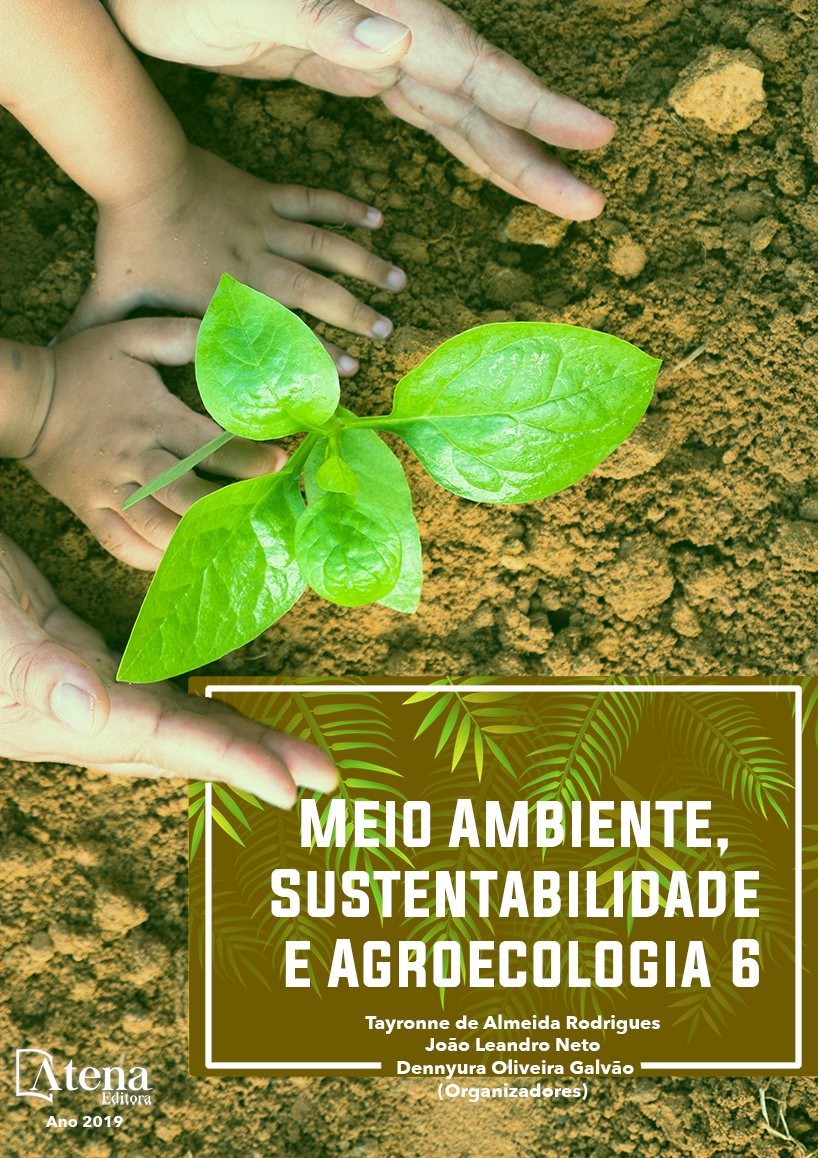
AVALIAÇÃO DO EFEITO DO REPROCESSAMENTO NAS PROPRIEDADES TÉRMICAS DO POLIETILENO DE ALTA DENSIDADE (PEAD) VERDE POR CALORIMETRIA EXPLORATÓRIA DIFERENCIAL (DSC)
O Polietileno de Alta Densidade
(PEAD) é um dos polímeros mais consumidos
no mercado nacional, representando 30%
do resíduo polimérico gerado no Brasil. A
reciclagem mecânica se constitui numa das mais
importantes formas para amenizar o problema
ocasionado pelo lixo. Assim, obter informações
sobre possíveis perdas de propriedades para
polímeros provenientes de fontes renováveis,
tais como o “plástico verde”, submetidos ao
reprocessamento, é importante para assegurar
a qualidade do produto final e, desta forma,
estimular a indústria a utilizar polímeros
reciclados em uma quantidade cada vez maior.
Neste sentido, o objetivo do presente estudo
consistiu em avaliar e comparar as propriedades
térmicas por Calorimetria Diferencial de
Varredura (DSC) do PEAD Verde (obtido da cana
de açúcar) e PEAD Petroquímico submetidos a
10 passagens em um reômetro capilar, a 180ºC
e 220ºC. Os resultados revelaram que tanto o
PEAD de fonte petroquímica quanto o PEAD
Verde reciclado apresentaram maior grau de
cristalinidade quando reprocessados a 180ºC
do que a 220ºC. Contudo, nem o aumento
da temperatura nem o número de passagens
afetaram significativamente as propriedades
térmicas dos polímeros estudados.
AVALIAÇÃO DO EFEITO DO REPROCESSAMENTO NAS PROPRIEDADES TÉRMICAS DO POLIETILENO DE ALTA DENSIDADE (PEAD) VERDE POR CALORIMETRIA EXPLORATÓRIA DIFERENCIAL (DSC)
-
DOI: 10.22533/at.ed.3471916044
-
Palavras-chave: PEAD Verde, reprocessamento, reômetro, propriedades térmicas, DSC.
-
Keywords: Green HDPE, reprocessing, rheometer, thermal properties, DSC.
-
Abstract:
High Density Polyethylene
(HDPE) is one of the most consumed polymers
in the national market, accounting about 30%
of plastic waste generated in Brazil. Mechanical
recycling is one of the most important methods
to reduce the problem caused by plastics waste.
Thus, information on possible loss of properties
of recycled polymers from renewable sources,
such as “green plastic”, it is very important to
ensure the quality of the final product and thereby
stimulate the industry to use a greater amount
of recycled polymers. In this way, the aim of the
present study was to evaluate and compare
the thermal properties by Differential Scanning
Calorimetry (DSC) for green HDPE (from sugar
cane) and Petrochemical HDPE after 10 passes
in a capillary rheometer, at 180ºC and 220ºC.
The results revealed that both HDPE had a
higher degree of crystallinity when processed under 180ºC compared to 220ºC. However, neither the temperature nor the number of
passes had substantial effect on the thermal properties of the studied polymers.
-
Número de páginas: 15
- Amanda Vecila Cheffer de Araujo
- Lisete Cristine Scienza
- Alessandro Luiz Alves Soares
- Vinícius Martins


